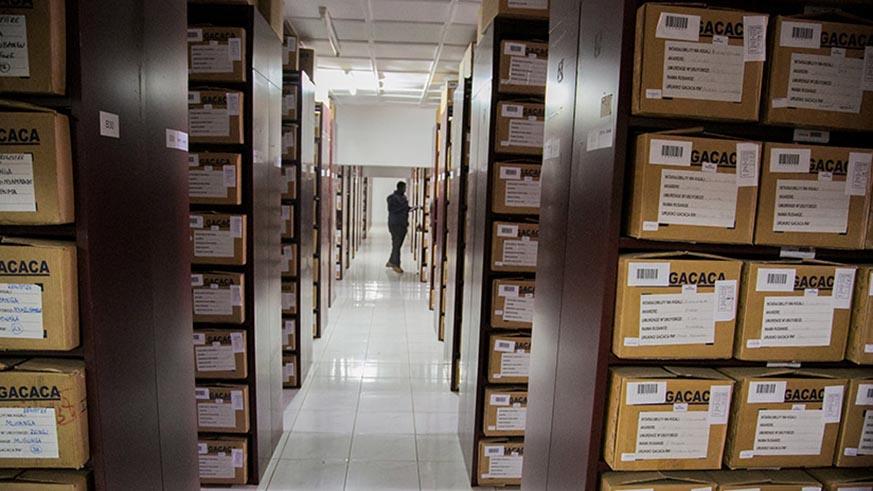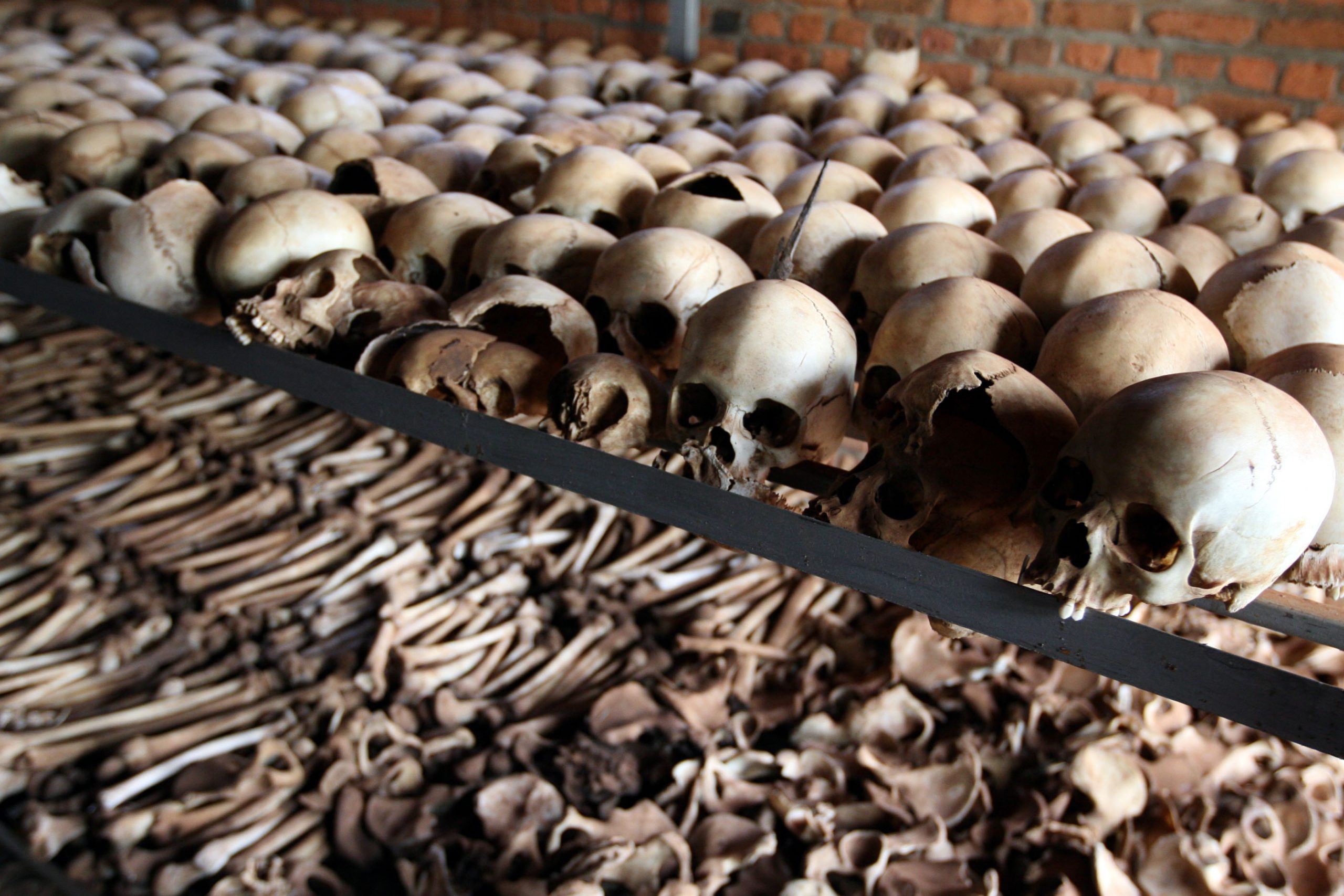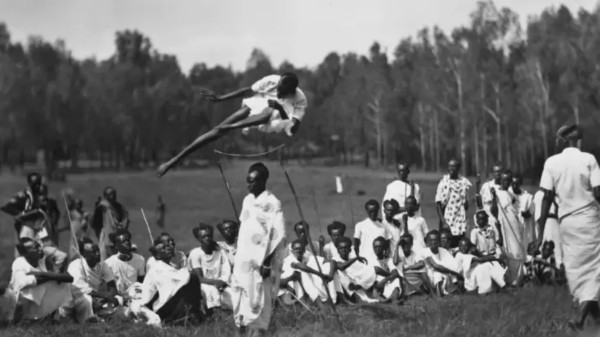International
Why UN should keep archives of Genocide against the Tutsi in Rwanda

A story published by The
Citizen Tanzania under the title, “Archiving the Rwanda genocide
material in Tanzania,” on August
13, raises questions as to why there should be a tag of war as to where the
International Criminal Tribunal for Rwanda (ICTR) archives should be hosted.
First,
the author, Zephania Ubwani, can be reminded that there was a genocide against
the Tutsi in Rwanda in 1994. The naming of “Rwanda genocide” or “horrific
killings in Rwanda” are inappropriate and misleading.
The
story gives an impression that there is a contest between Tanzania, Rwanda, and
the United Nations as to who should be the custodian of millions of court
documents, videos and audio recordings used by the ICTR, when the tribunal
closed doors.
It
should be recalled that after the Genocide against the Tutsi, the ICTR was established pursuant to United Nations Security
Council Resolution 955 of November 8, 1994, with the mandate to prosecute individuals believed to be most
responsible for the genocide. The UN Tribunal facilities were subsequently established
in Arusha, Tanzania at the Arusha International Conference Centre (AICC).
For a
brief background, on December 31, 2015, the United Nations officially
dissolved the ICTR and the remaining cases were transferred to the jurisdiction
of the International Residual Mechanism for Criminal Tribunals (IRMCT), with branches in The Hague, Netherlands, and Arusha,
Tanzania.
The term of the prosecutor and
the IRMCT’s are expected to expire on June 30, 2024, as per Security Council resolution 2637.
What will happen after the expiry of
the mandate of IRMCT?
According
to the Citizen Tanzania story, the Tanzanian Minister of Foreign Affairs
revealed that the ICTR archives will be handed over to Tanzania.
“Dr Tax said to the best of her knowledge both
the classified and declassified materials on the genocide would be handed over
to Tanzania. That is when all the cases on the 1994 horrific killings in Rwanda
are concluded at the UN Tribunal’s facilities in Arusha and The Hague in The
Netherlands.”
It
is at this point that questions arise as to the reasons Tanzania would be the
appropriate custodian of these valuable archives that will for generations act
as a reference to the trial of cases on genocide against the Tutsi in Rwanda.
The
fact that Tanzania was the seat of the ICTR is not much convincing for the
documents to be hosted there. This would mean that even any other country in
the region can claim to be given the mandate to host the archives consisting of
bulky documents, video and audio tapes.
For
example, in Uganda, there are two genocide sites: one in Mpigi district and
another in Rakai district, where hundreds of bodies from Rwanda recovered from
Lake Victoria in 1994 were buried. This would be a point of argument to allow
Uganda to host the ICTR documents since the country has a close connection with
the history of the genocide against the Tutsi.
Tanzania
having hosted the ICTR is good enough, but the archives relating to the cases
should be left to the UN and Rwanda to agree on how best the archives can be
kept and preserved for future generations.
It is
well known that in Rwanda there are genocide memorials in every part of the
country and other exhibits that were not handed over to ICTR. It makes more
sense for the ICTR archives to be kept in Rwanda where the crime of genocide
against the Tutsi was committed, just as the archives related to the Jews
Holocaust are located at Auschwitz, which acted
as a killing center in German-occupied Poland during World War II.
The
survivors of the genocide against the Tutsi and their siblings, researchers,
journalists, and other interested parties from all over the world would find
all this bitter history in one country. It would be problematic to make good use
of the valuable archives which serve both as evidence and history of the
genocide against the Tutsi, when they are scattered in different
countries.
Again,
if there are conditions that make the UN as the custodian, we know that there
is no country called UN. And therefore, it would be more appropriate for the UN
to establish a center, or Museum, in Rwanda where the archives are jointly
preserved.
The
most fundamental question that the UN should make clear before the closure of
IRMCT is the procedure that will be used to handle the remaining cases of high
profile genocide fugitives still at large.
Although
the mandate of IRMCT will expire, the crime of genocide does not expire and
legal proceedings against suspects must continue beyond the IRMCT mandate.




.jpeg-20230411051445000000.jpeg)





.jpg-20220508095027000000.jpg)